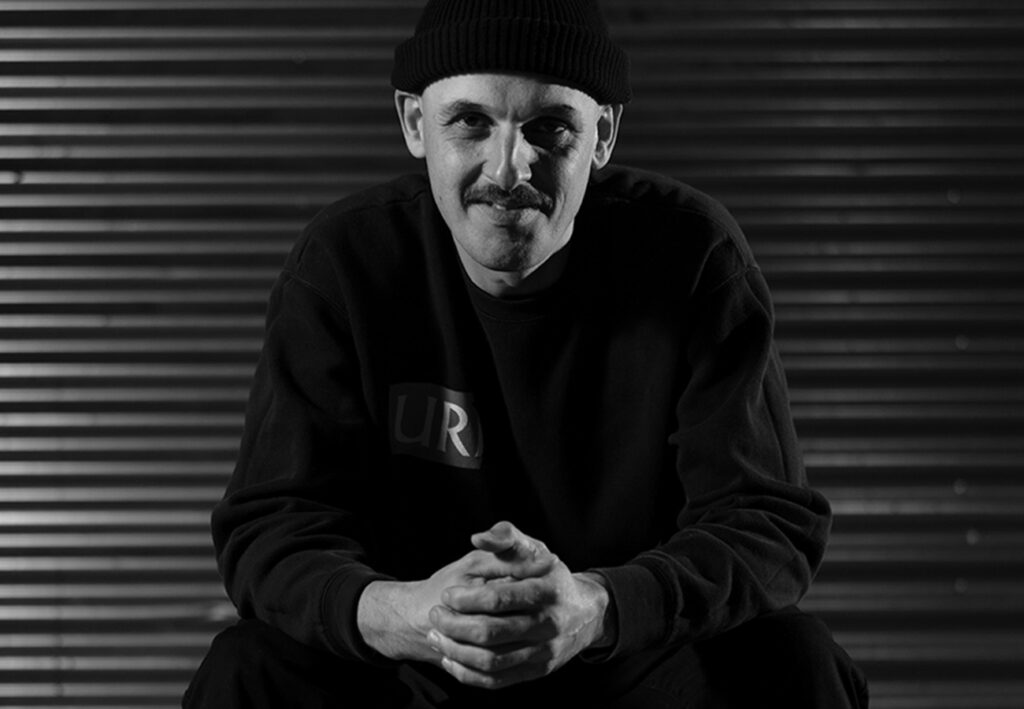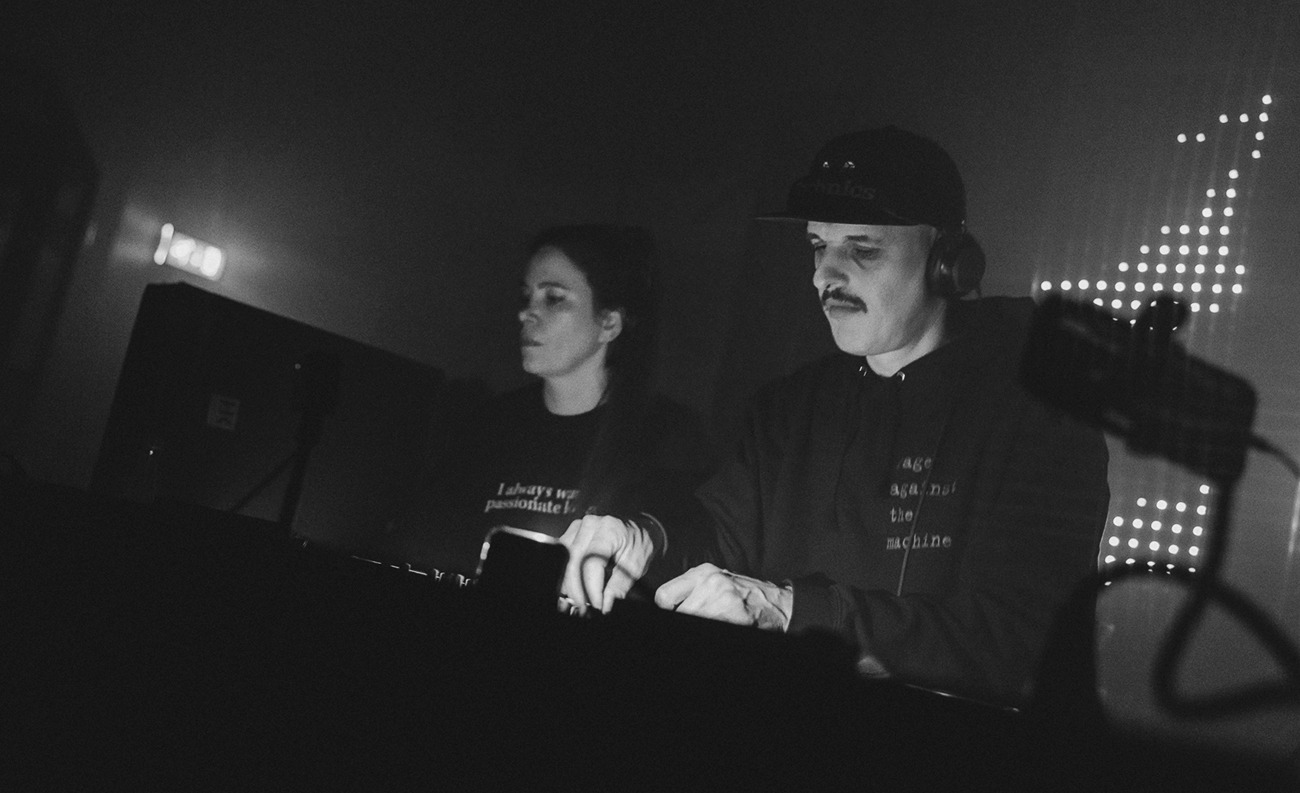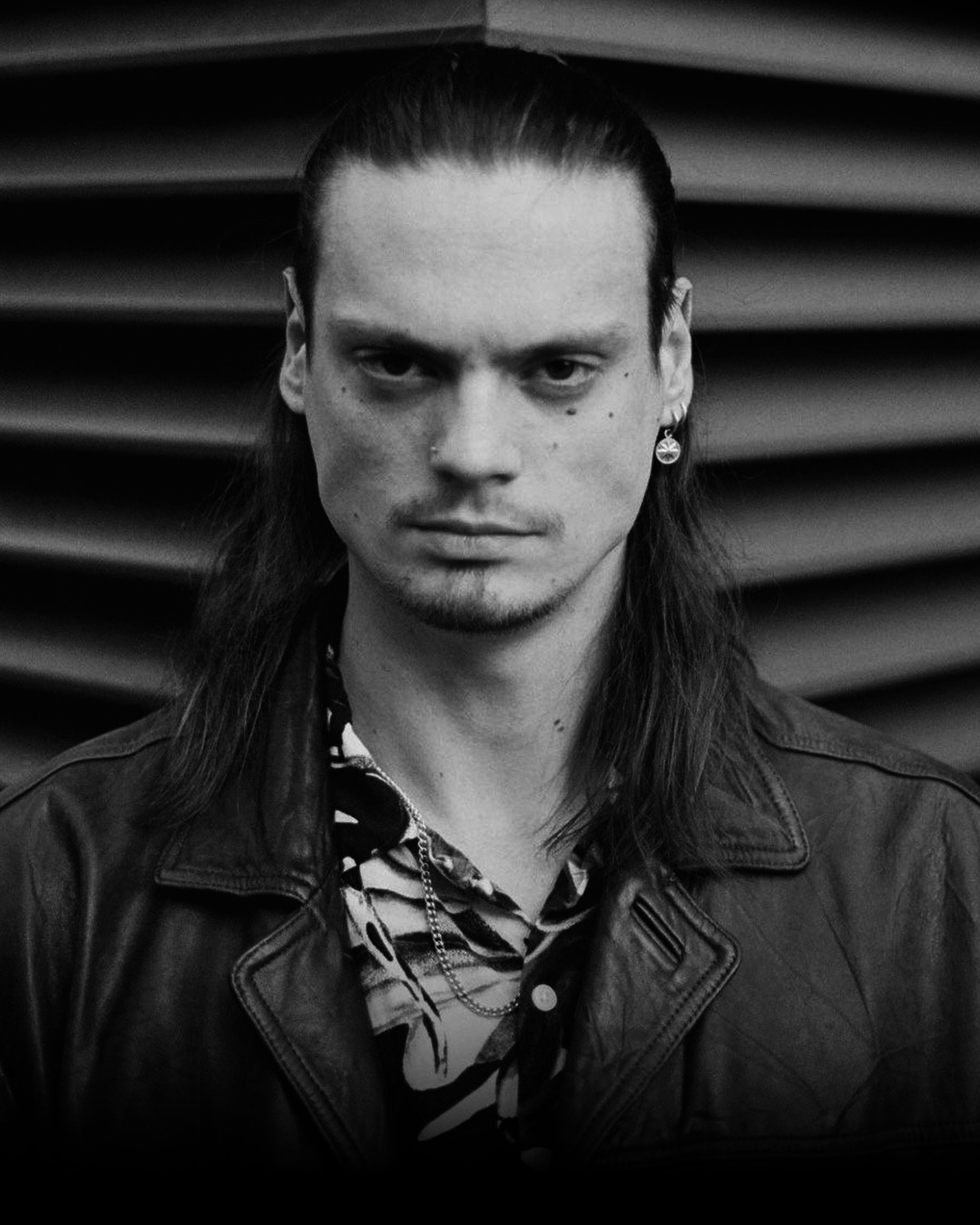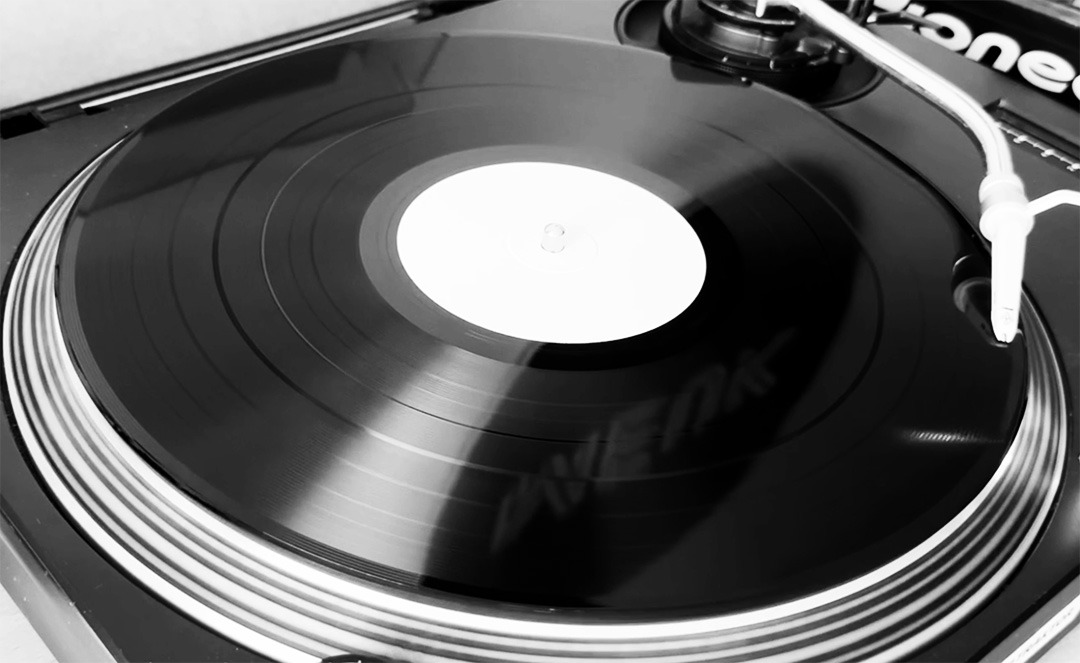Meet the Artist: Denn Punk
by meukrecords 17 June 2025
SAY HELLO TO Denn Punk
Over the past few months, we’ve introduced you to one artist after another — as our MEUK roster keeps growing. This time, we’re turning the spotlight on someone from the inside: Denn Punk, co-founder of MEUK Records.
Denn Punk’s style is instantly recognisable: groovy tracks with reversed kicks, layered percussion, and catchy vocal snippets or tunes. In this interview, we talk about his journey toward his unique sound, his perspective on MEUK Records, and of course his upcoming EP ‘Tropische Instelling’ — a cheerful, groove-driven release designed to bring on the summer vibes.
We’re curious — how did your musical journey begin?
“My father was always busy with old tape recorders and later with burning CDs, so I was exposed to music in a hands-on way from an early age. To be honest, my musical upbringing wasn’t very refined — mostly Dutch folk music and Top 40 hits. I became fascinated by DJing, when I discovered a rental store for light and sound systems a few blocks away. They had a Denon double CD player in the window, and I was allowed to practice on it. That’s when I began DJing, at the age of 14 — at local events, children’s discos at my parents’ campsite, school parties… all using burned CDs. With money from my paper round, I was eventually able to get my first players myself. In the meantime, I started working at the rental store and they had encouraged me to learn to spin the vinyl as well. I still use the first Technics I bought when I was 17 years old.
About that same age, I came into contact with gabber music from the Energiehal in Rotterdam, not far from where I lived. I could literally hear the music at night from my bedroom window. By the time I was old enough, the Energiehal was demolished. I still get a little upset talking about it. But that was the start of my journey into electronic music — from gabber, and the later jumpstyle, to tech house. Only in recent years have I fully dedicated myself to techno.”
How did your DJ journey evolve from those early gigs to the underground scene?
“Things started rolling when I met a manager at an ADE conference. He taught me a lot about being an artist, and I ended up playing gigs at some really nice places. We’ve been through a lot together and are still friends.
Over time I felt more and more drawn to the underground. I played every weekend at intimate parties, illegal raves, afters… But combining that with a full-time job took its toll. I had to choose — for both my physical and mental health. Eventually, the pandemic forced me to take a step back. I kept doing my weekly radio show at AMW (plus the occasional illegal rave, I’ll admit).


When did you start producing music and what is the most important lesson you learned along the way?
“I started producing around age 20. First with Fruity Loops, then Studio One — which I still use. There was no YouTube back then, so I learned everything by myself. I kept buying new synthesizers, thinking they’d make me a better producer.
If I can give one piece of advice to aspiring producers: just buying gear won’t get you there. You have to put in the work. Of course, now there’s a ton of learning material online — I’m still learning from that myself. These days there are even full-on schools for production. Making music is a lifelong process and that makes it so much fun for me. I even learn from the new generation. A few years ago I started doing sessions with a great mixing engineer — that really took my music production to the next level.
In terms of genre, I first released tech house and even ran my own label. But I stopped around the time of COVID. That’s when I started making techno behind the scenes.”
Do you remember what drew you to techno — and can you explain what it means to you now?
“I was looking for something new. At some point, I had just grown tired of tech house — it all started to sound the same, and I felt like I had run out of creativity. I still remember my first proper techno experience: Awakenings in 2014. Honestly, I thought it was boring back then — just relentless pounding with little variety. It didn’t click for me yet. That changed when I discovered FJAAK through a Boiler Room set online. Their creative combinations of sounds really opened my eyes. I went to see them live at De Marktkantine in 2018, and that was it — I was hooked.
What I love about techno is that it’s rougher around the edges. There’s repetition, but also a depth that clears my mind and sharpens my focus. It helps me let go — it’s a form of release, of escapism, and it connects me with likeminded people. As a DJ, I also find it more challenging. It’s not just track after track — it’s about layering and building something else. And as a producer, it pushes me creatively in ways tech house never did. That’s what keeps it exciting for me.”
There’s quite a time gap between your early music and your more recent techno releases…
“I really took time to rediscover myself. At the time my techno tracks were finally starting to sound the way I wanted, Eva Bohnen encouraged me to create even more from the core — without chasing trends or external validation. That’s when my love for making sample-based groove-driven techno really started to develop.
By the time we decided to release again, I’d developed something of a signature.”
How would you describe that sound — and how do you build it?
“I guess there’s a bit of an old school feel to my music, probably in my choice of sounds — like 909-style kicks and hats, and sample-based elements. I love chopping, cutting and rearranging stuff — hearing a sample and turning it into something completely different. Honestly, I just enjoy that more than spending hours tweaking a synthesizer. I do use hardware now and then to shift perspective, but I usually end up back in the box.
My tracks are groove-driven, often built on stacked hi-hats — which is fun, but also a real challenge to mix properly. A recurring element in my tracks is the reversed kick. I’ve always had a thing for flipping things — in music, but also in films with time loops or reversed storytelling. Sometimes I even flip the entire groove, just to see what it does.
To get inspired, I listen to a lot of other genres — jazz in particular. Not so much for the melodies, but for the groove. There’s a kind of freedom in jazz that I find really inspiring. Eva often says I somehow manage to give everything a cheerful twist, even when I’m not aiming for that. Maybe that’s just how I hear rhythm, how my mind works. It definitely fits my personality.
Some of my tracks lean towards what people call hardgroove — fast, percussive, sample-heavy techno with a funky edge. I love that energy. But not everything I make fits neatly into that box. I don’t really care much for labels — I just do my thing. Calling it a ‘signature sound’ feels a bit much to say myself. But it’s nice to hear that people start to recognise it.”
Tell us about the moment you decided to release again — how did that go?
“Honestly, before that moment, I was perfectly happy just making music behind closed doors at my home-based studio. I always said, ‘if one person hears it and likes it, I’m good.’ That all changed when I met Eva. She sparked something in me. The idea of starting our own label together took shape. And when she surprised me with a vinyl release for my 40th birthday, MEUK got a real kickstart.”
Yeah, talk a bit more about that. What made MEUK what it is today?
“To be honest, Eva manages most of MEUK, so she’s the best person to answer that. But what I can say is: she’s great at the things I ran into when I had my previous label — admin, design, marketing, communication, coordination… There’s a lot involved. I focus on the musical and technical side. We curate the label together — and we also sell second-hand records at vinyl markets, which we both really enjoy.
The name and identity of MEUK is a mix of my light-heartedness and her more serious vibe. You can hear that contrast in our music too: my upbeat, groovy tracks versus her rawer, more mental sound.
That is also the scope in which we release — raw, groovy, messy, preferably a bit old school. We both believe in building community. MEUK is meant for emerging artists and like-minded producers who understand that this scene only thrives through mutual support — not for anyone chasing a quick ego boost. That said, we’re both picky when it comes to the style and quality. That might make us seem a bit less accessible, but it’s important to us. We want to fully stand behind every release — musically and personally.
What makes MEUK really MEUK? I release music on other labels too, and you can really feel the difference in how they treat their artists. We care about that. But most of all, we keep it down to earth. No fancy talk — just a solid foundation.”
Speaking of releasing, can you share any final words about your upcoming EP?
I always try to name my songs after funny things that come up. Disco Dutje (Dutch for ‘disco nap’) is named after the afternoon naps I take before gigs or club nights. I do relatively heavy physical work, so I usually need a little power nap before entering the night. At some point we started calling it a disco nap — and now it’s a track title.
The name ‘Tropische Instelling’ actually came from a slip of the tongue. I meant to say we’re not a philanthropic institution, but it came out as tropical institution. We thought it was hilarious.”
Tropische Instelling

TRACKLIST
1. Testing 123
2. Dominos
3. Tropische Instelling
4. Disco Dutje
Release date: 24 June 2025




